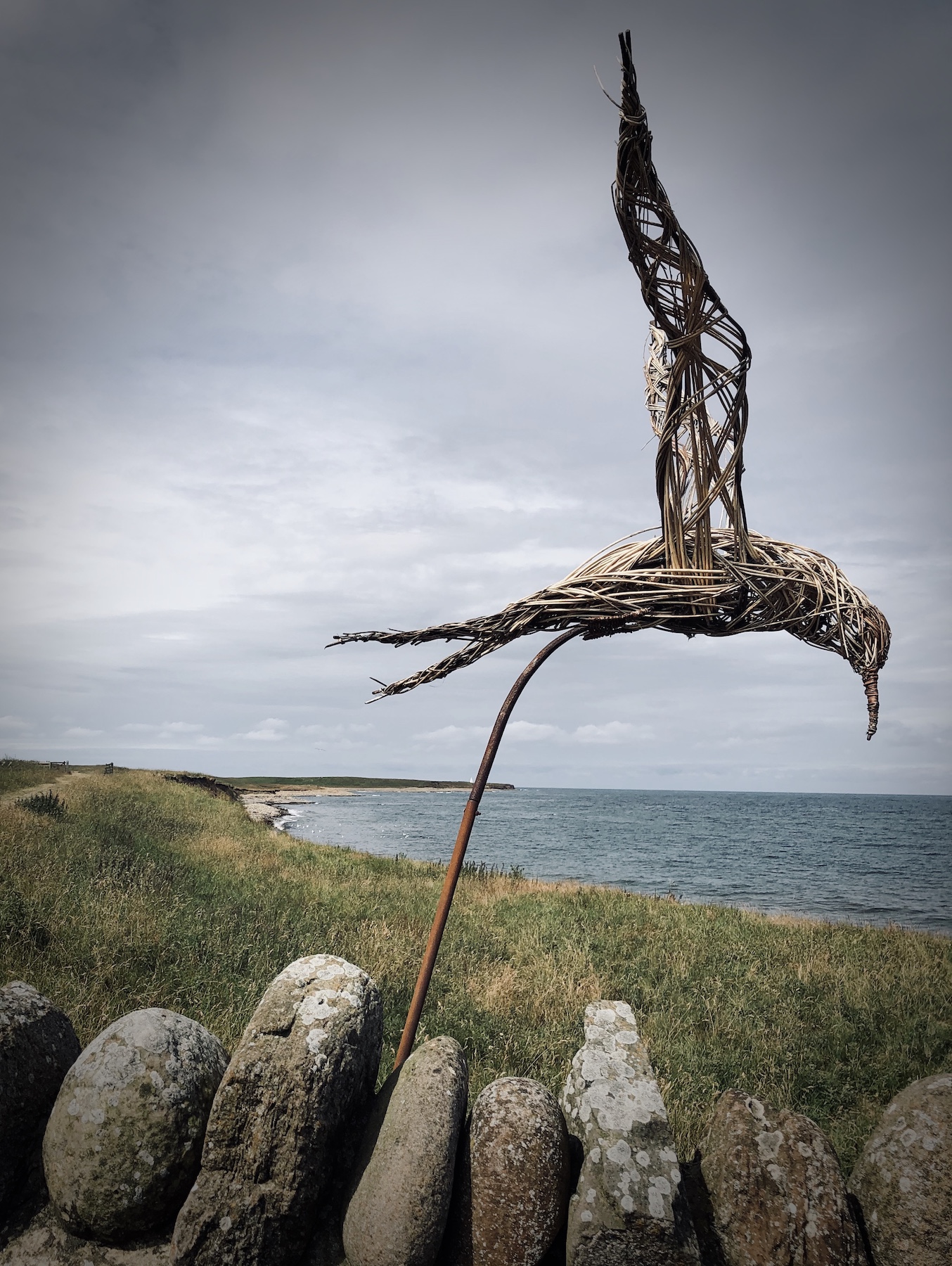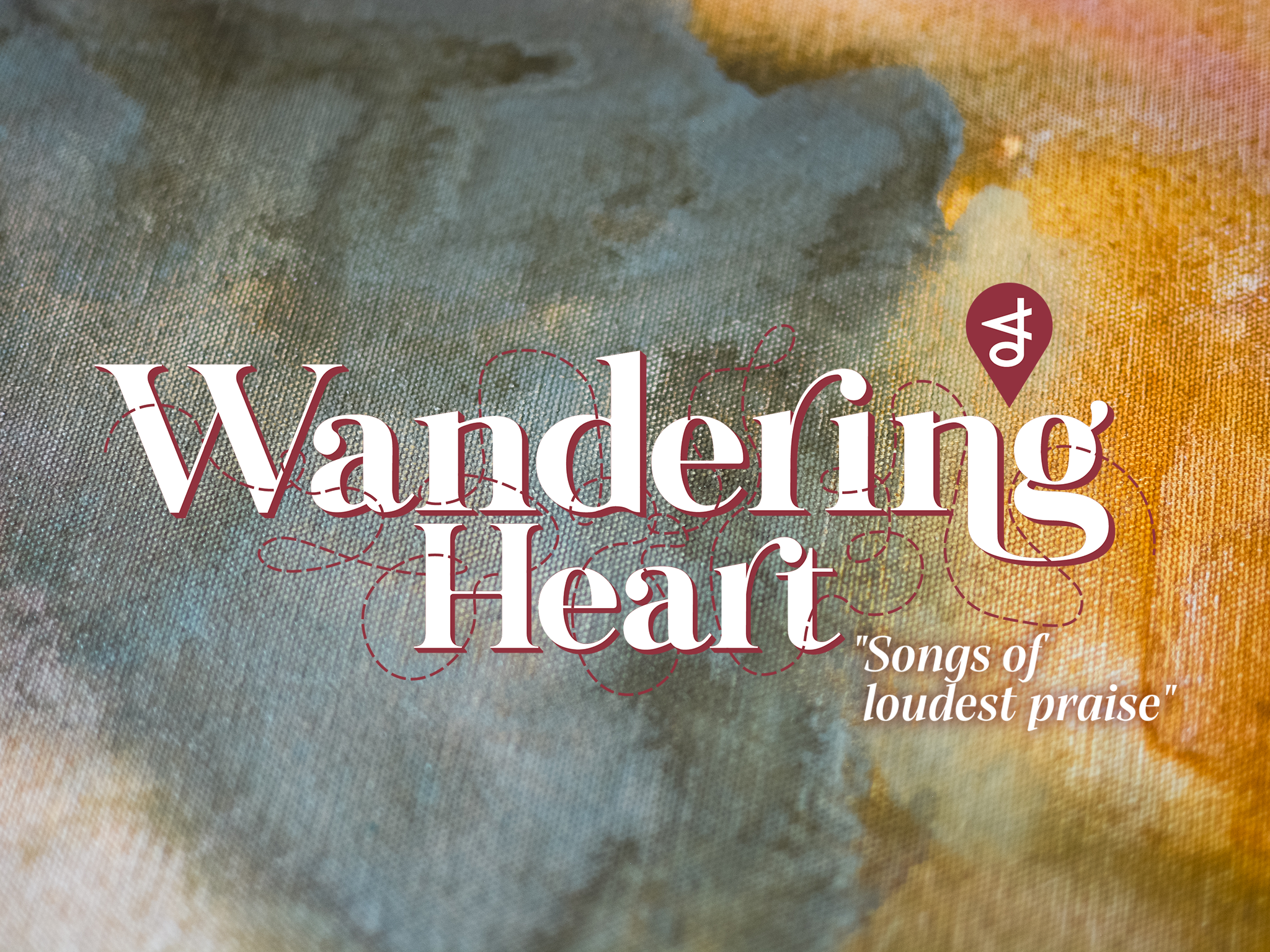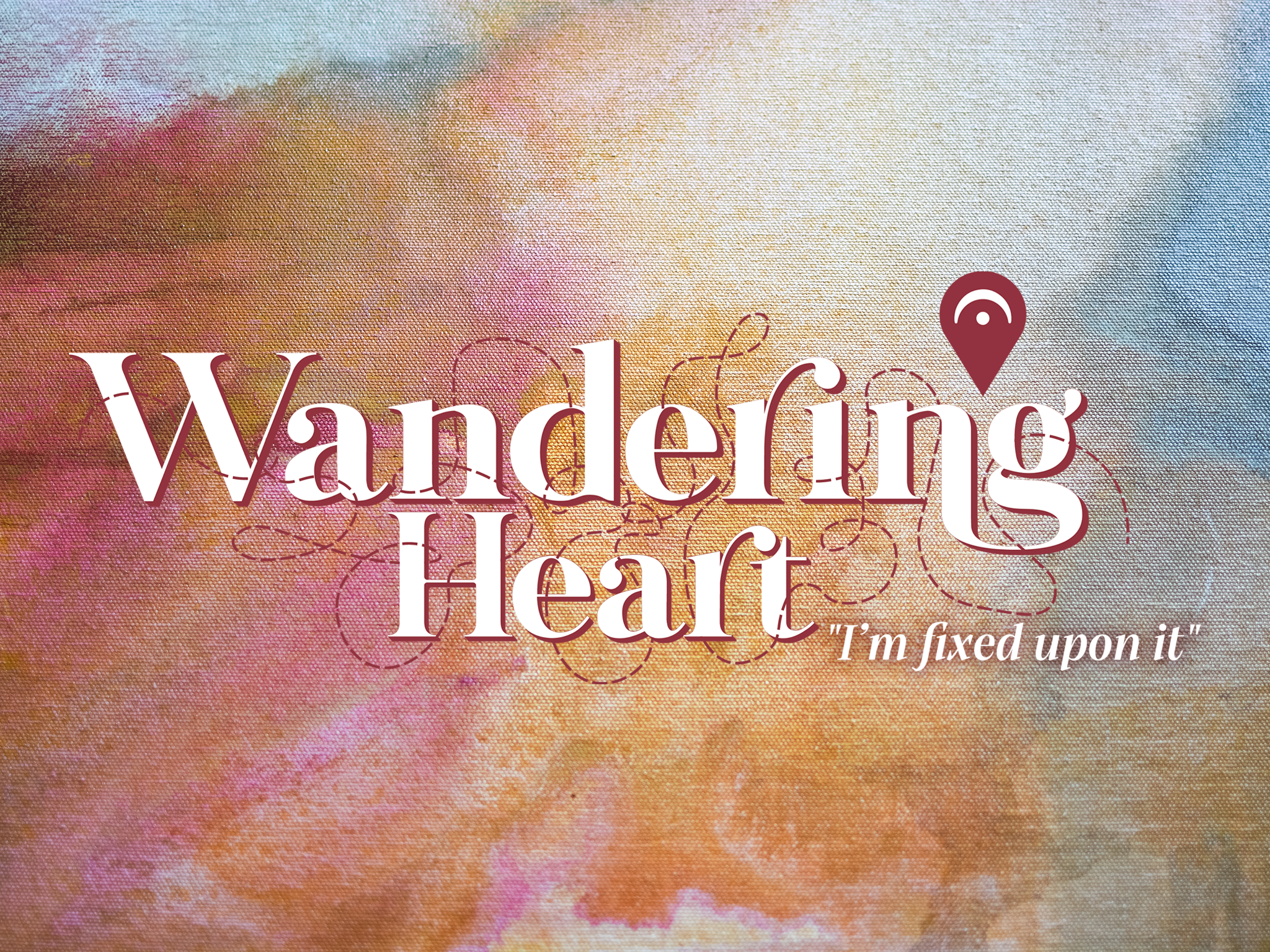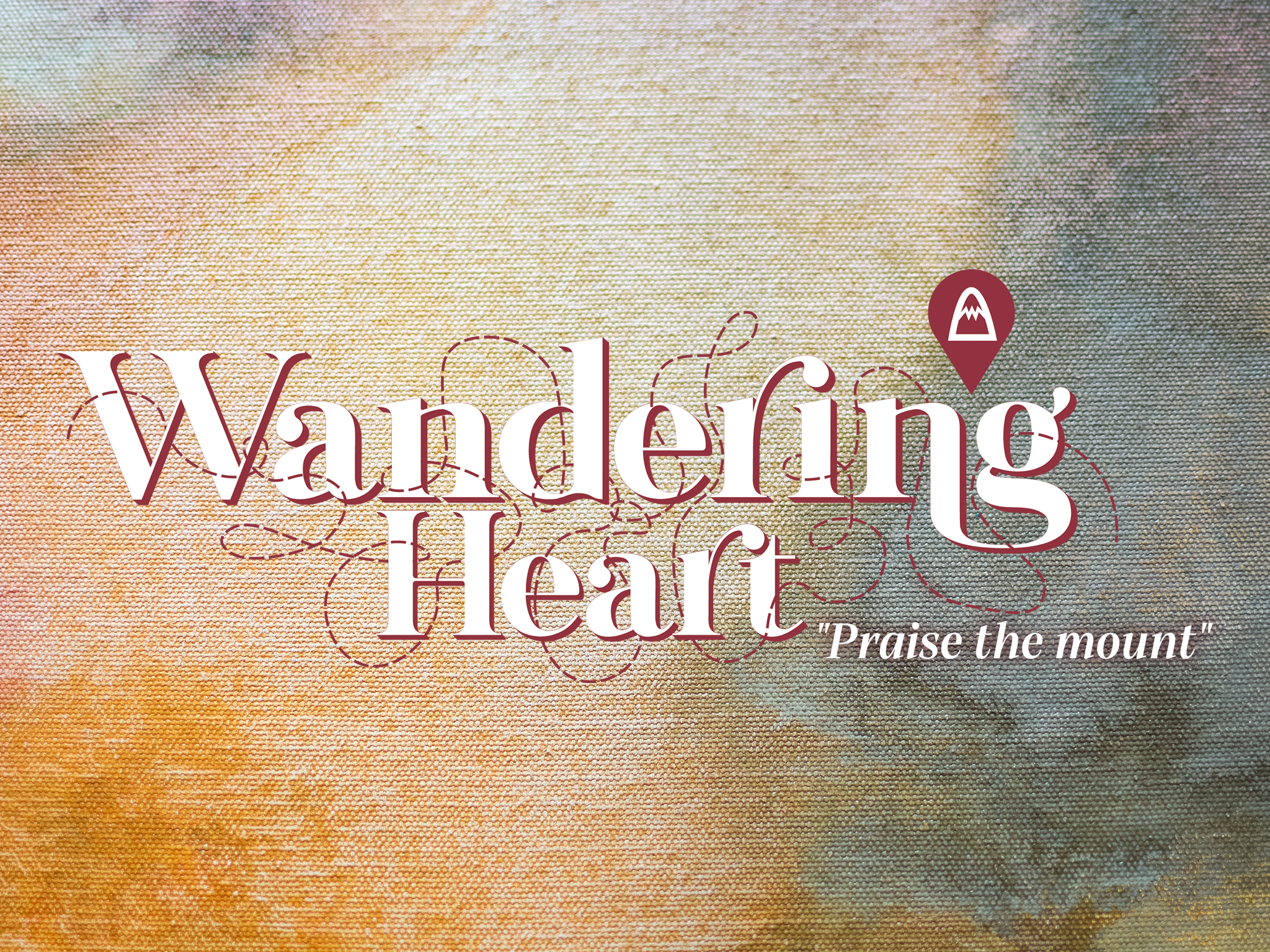Reflection for Pilgrim Uniting Church, 28 May 2023
Acts 2:1–21 and the book of Joel
Fly to us, Spirit Holy
Fill our rooms with sound,
with wind, with rushing;
bowl us over, unsettle us,
ruffle us with your feathered
wings, Spirit Holy, Spirit Breath.Float your fire above us,
dance your flames, radiate
your heat, delight us,
ignite us with your flickering
tongues, Spirit Holy, Spirit Fire.Flit on our voices with words
that others will understand,
speak in us, sing through us,
vocalise your force
of life, Spirit Holy, Spirit Friend.
Sarah Agnew. Pray the Story
I wonder who comes to mind as a prophet who has enlivened you to action? Biblical, historical, of our time?
Prophets calling through and in time
Today our church calendar brings together the celebration of Spirited anointing of the apostles at Pentecost, and our hope for healing expressed in Reconciliation Sunday. As I reflected on these themes and stories, what came into focus together was the reminder of Holy One’s prophets arising in historical moments, and the prophecy of our time calling for healing in these lands now called Australia.
The two came together for me particularly in the closing words of Stan Grant on Monday night’s Q&A program on the ABC. A prophet names what is, and what action is required in order to avert harmful consequences that will surely follow if what is continues much longer.
Wiradjuri man Stan Grant named racism, clearly and boldly. And he named the need for the media – and all of us – to change how we engage in conversation in the public sphere. For people are being hurt, and that hurts us all, ultimately.
Addressing the crowd in the story from Acts, Peter draws on the prophets of the Jewish people, who have spoken the Word of God faithfully through time. Holy One says through Joel and now through Peter reiterating this message: I will speak through your young ones, I will open the imaginations of your old ones, I will pour out my spirit on your children and your slaves. The implication is to ‘you’ – pay attention, and respond with your actions.
Who is the ‘you’?
who do you think is the ‘you’ implied, addressed, in that word: I will call to you through these ones?
That ‘you’ is the ones with power in the community. The not young; the not old; the not slaves. Which is to say, the ones who are not dismissed from the public conversation through the structures and practices of the culture. You, the default empowered few, change and live into a renewed realm of being, or continue in this way of dying. The ones who will see and proclaim this new realm will be the ones for whom it is most necessary.
For many of us gathered here today, we are that ‘you’ in our time and place. We are called to listen when the young prophesy and the old show us their dreams.
Your old will dream dreams …
I want to concentrate on the dreams of the old. The oldest ones, the oldest living peoples on earth, who live among us, Australia, who are intrinsically part of the land on which we live, Australia – when will we wake up and pay attention to the gift we have in our midst?!
How rich that gift is, when one who is hurting, wounded from the cuts of racism, can say ‘I am sorry to have made you feel that your only response to me can be hatred. I will meet you with love. My people and I, we will teach you to love.’
Oh, yes, that is strength, as Martin Luther King Jr. proclaimed in another time and place before him, and it is a strength that oppressors, haters, racists, rarely understand.
For love is the call, the life force within us all. When we listen to its wind, catch its breath, are set alight on its fire, love leads us into life.
And that the First Nations folk of this place Down Under want – want – to be included, to make their contribution, to share their wisdom for the building of a nation they did not seek, which has not honoured their being for two hundred and more years – that is love, sacred and holy, and why would we say no to that?
Stan Grant, in that address on Monday, urged us to care for the ones who feel abandoned, who are uncertain they belong here. This is not the first national vote in recent times, for which the public discourse has made significant numbers of our people feel they do not belong at home.
How we talk to and about each other in our difference from one another must change. People are hurting. Life is diminished for some, and therefore for us all. At times, in the midst of the nasty, hateful, way we talk to and about each other, it might feel as though the sky is as dark as the prophet Joel envisaged it would be, when the hour for judgement, for reckoning arrives.
Peter recalls the prophet Joel
As a book of prophecy, Joel is a classic example of the genre, and the role of the prophets.
The book opens with a call to the people that uses the verbs hear, give ear, tell. This creates an air of expectation for the revelation of something as yet undisclosed.
A locust plague is coming – is here! And the words are damning: what one left, another has eaten. What one left – is that what treasure you have left unattended, someone will steal? Is it oppressor after oppressor coming to take more and more from a people from whom Holy One is understood to have turned away after the people abandoned Holy One?
The call is, further: wake up!
And when the people awake, all that is left to do is lament. For all is gone. All is dried up – there are four different verbs used in the Hebrew here that all have a root in the word to be dry. The language evokes severe drought. There is no more wine; no more crops; no more love.
The call uses verbs that invoke the priests, the leaders of the community, to lead the people in this lament: sanctify, call, gather, put on (the ritual) sackcloth.
A cumulative list of victims is then offered, which shows that all reality experiences this devastation – and here, there is no longer any reference to locusts, leaving space for the audience to name the literal devastators, not only the figurative, perhaps?
With language of military invasion, the prophet then builds on the locust plague and drought of earlier passages, to evoke the theme of judgement. I wonder if judgement is two-fold: there is judgement, a reckoning, consequences that naturally follow, for the people in the plague and drought and oppression, for having turned from the Way of Holy One – they have broken covenant. And there is coming judgement for the oppressors, the nations who have mocked Israel and their God.
As we move into God’s response, we hear of more specific acts of oppression, such as the selling of Israelite children into slavery, and the ransacking of the Temple. And yet, God’s response is: life will be restored. Holy One will restore life. There is some fluidity with the timing here, from the historic context of an oppressed nation, to the eschatological realm of Divine fulfilment of hope. It is hope and restoration of life, none the less.
And the Spirit is promised, and here we find the words on which Peter draws at their Pentecost anointing in Jerusalem generations later. for its earlier audience, Joel’s prophecy here is provocative, as those who are promised the gift of Spirit are slaves, the young with prophecy, the old with dreams – this is not a gift poured out on the priests, the ones traditionally understood to receive such Spirited anointing for and on behalf of the people; the ones who are called to lead the people in their lament.
A further call to judgement follows: for the oppressors who have desecrated Holy Temple and People will receive the consequences. There’s an interesting reversal of the Word we hear in Isaiah and Micah about swords and ploughshares – there, swords will be turned into ploughshares, here in Joel, the call is to turn ploughshares into swords. A word that expresses the hope for restored empowerment, perhaps.
This is a word of hope for an oppressed people. The vision of a Holy reversal: where locust plague and army brought devastation, now Holy One brings life; catastrophe in Holy One’s hands will be transformed into well-being.
Where are we in the story?
Oh, yes, the message of the book of Joel is for the oppressed ones: the promise of Holy One is always for the oppressed. The challenge then for us is to locate ourselves appropriately:
are we the oppressed?
are we aligned with the oppressors?
are we the prophets?
are we the ones called to listen to the prophets, who will emerge from among the hitherto disempowered among us?
we, the ones to hear, to heed, to take action?
are we – together on this day of Reconciliation and Pentecost – called to be a vehicle of the promise, which as it is in that first Pentecost anointing, is put within us to speak and to enact, the Spirit enabling those who need it to receive in the language into which they were born, in the language of love, the Divine promise of hope for reversal, for inclusion, for empowerment in the renewed Way of Holy One?
Fly to us, Spirit Holy
Fill our rooms with sound,
with wind, with rushing;
bowl us over, unsettle us,
ruffle us with your feathered
wings, Spirit Holy, Spirit Breath.Float your fire above us,
dance your flames, radiate
your heat, delight us,
ignite us with your flickering
tongues, Spirit Holy, Spirit Fire.Flit on our voices with words
that others will understand,
speak in us, sing through us,
vocalise your force
of life, Spirit Holy, Spirit Friend.
Sarah Agnew. Pray the Story






Leave A Comment